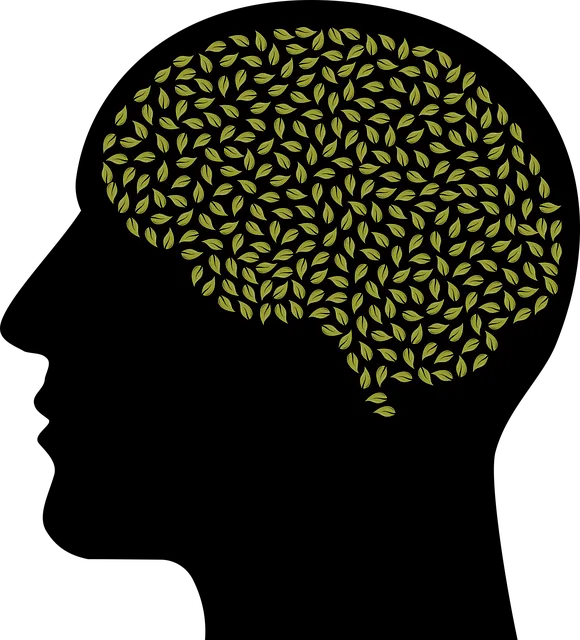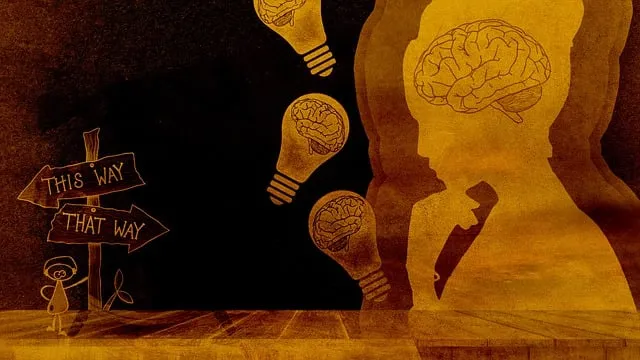Cultural competency is crucial for effective mental health support in diverse communities like Lafayette. To address this, healthcare providers and organizations like Kaiser should offer specialized training covering stigma reduction, tailored education, and cross-cultural communication strategies. By bridging the gap in mental health policy and advocacy, Lafayette and Kaiser ensure accessible, quality care for all backgrounds, destigmatizing mental health issues and empowering individuals to seek necessary support. Interactive workshops, case studies, role-playing, and stress management techniques are vital training tools. This comprehensive approach enhances cultural sensitivity, improves patient outcomes, and fosters inclusive environments in the Lafayette healthcare landscape, especially regarding how to get mental health services through Kaiser.
“In today’s diverse healthcare landscape, cultural competency among providers is no longer a nice-to-have, but an indispensable necessity. This article delves into the critical role of cultural competency training for healthcare professionals. We explore the profound impact of unconscious biases and stereotypes on mental health care access, drawing insights from successful initiatives like Lafayette and Kaiser’s collaboration to improve services for diverse communities. Additionally, we present effective training strategies to enhance cultural competence.”
- Understanding Cultural Competency in Healthcare: A Necessity in Modern Medicine
- The Impact of Bias and Stereotypes on Mental Health Care Access
- Lafayette and Kaiser: Unlocking Mental Health Services for Diverse Communities
- Effective Training Strategies to Enhance Cultural Competence Among Healthcare Providers
Understanding Cultural Competency in Healthcare: A Necessity in Modern Medicine

In modern healthcare, cultural competency is no longer a nice-to-have but an absolute necessity. It involves understanding and respecting diverse cultures, traditions, and beliefs among patients, especially in a nation like the United States, where communities vary widely in ethnic backgrounds, socioeconomic statuses, and values. This concept is particularly crucial for mental health services, as emotional regulation and well-being are deeply influenced by cultural contexts. Lafayette residents seeking mental health support through Kaiser or other providers can benefit from culturally competent care that addresses their unique needs and challenges.
Healthcare provider training in cultural competency should encompass various aspects, including education on mental illness stigma reduction efforts, the design of mental health education programs tailored to diverse communities, and strategies for effective communication across cultures. By fostering a deeper understanding of these issues, healthcare professionals can better serve Lafayette’s diverse population, ensuring access to high-quality, sensitive, and personalized mental health services. This approach not only respects patients’ rights but also enhances the overall quality and effectiveness of care.
The Impact of Bias and Stereotypes on Mental Health Care Access

Unconscious biases and stereotypes can significantly impact individuals’ access to mental health care, often hindering their journey towards healing. These biases, deeply rooted in societal norms, may cause healthcare providers to misperceive or misdiagnose patients from diverse backgrounds. For instance, a study revealed that cultural stereotypes can lead to undervaluing the severity of a patient’s symptoms, particularly among certain ethnic groups. This misconception might result in delayed treatment, as seen in cases where individuals from underrepresented communities face barriers when seeking mental health services through organizations like Kaiser in Lafayette.
To address this challenge, healthcare training programs emphasize empathy-building strategies and crisis intervention guidance. By educating professionals on cultural competency, they learn to recognize and overcome biases, ensuring every patient receives tailored care. Moreover, regular stress management workshops can help providers cope with their own stress, allowing them to offer more empathetic support to patients navigating mental health crises. Such initiatives aim to create an inclusive environment where all individuals, regardless of their background, can access and benefit from mental health services.
Lafayette and Kaiser: Unlocking Mental Health Services for Diverse Communities

Lafayette and Kaiser have joined forces to unlock mental health services for diverse communities, marking a significant step forward in addressing the Mental Health Policy Analysis and Advocacy gap. This collaboration aims to ensure that all individuals, regardless of their cultural background or socio-economic status, can access quality mental healthcare. By integrating Lafayette’s deep understanding of community needs with Kaiser’s extensive resources, they are fostering Resilience Building through tailored interventions and Public Awareness Campaigns Development to destigmatize mental health issues.
Through this initiative, Lafayette leverages its strong connections within diverse communities to facilitate how to get mental health services through Kaiser. This streamlined process empowers individuals to seek the support they need without barriers, promoting overall well-being and fostering inclusive environments that support mental health. By combining efforts, the partners strive to revolutionize mental healthcare accessibility, ensuring that every individual has the opportunity to thrive.
Effective Training Strategies to Enhance Cultural Competence Among Healthcare Providers

Effective training strategies are essential to enhance cultural competence among healthcare providers, ensuring they can deliver quality care to a diverse range of patients. At Lafayette, for instance, Kaiser offers accessible mental health services that align with individuals’ unique cultural backgrounds and needs. Training should incorporate interactive workshops, case studies reflecting real-world scenarios, and role-playing exercises. These methods allow professionals to practice navigating cultural nuances, challenging biases, and adapting communication styles.
The integration of Mind Over Matter Principles can empower healthcare providers to manage stress and maintain resilience while offering care. Additionally, Risk Management Planning for Mental Health Professionals is crucial to navigate potential challenges in a culturally sensitive manner. Encouraging self-care routine development among healthcare workers is another effective strategy to prevent burnout and enhance their ability to support patients’ mental health journeys.
Cultural competency training is a vital step towards ensuring equitable access to healthcare for all. As bias and stereotypes can significantly impact mental health care, it’s essential to learn from successful initiatives like Lafayette and Kaiser’s collaboration. By implementing effective training strategies, healthcare providers can better understand diverse communities’ unique needs, ultimately improving patient outcomes and fostering inclusive environments. This approach is key to unlocking mental health services for underserved populations, as demonstrated by the Lafayette-Kaiser model, offering a promising path forward for modern medicine.


